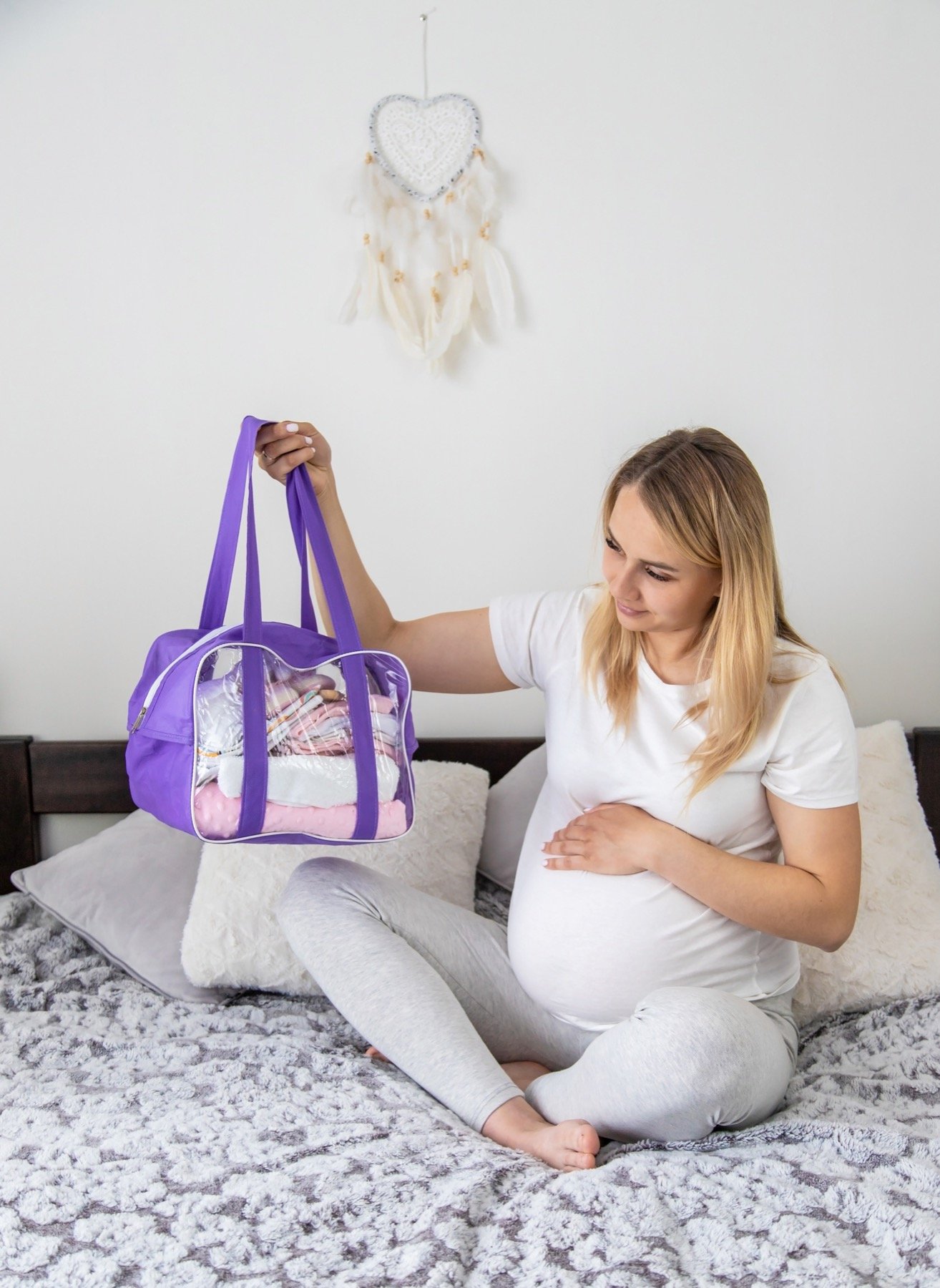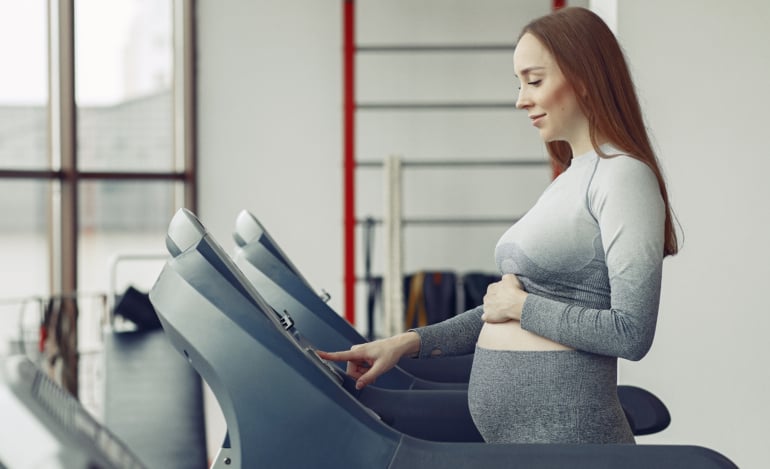Packing Your Hospital Bag Must Haves for Labor Day Delivery
There’s nothing like the excitement of anticipating your little one’s arrival—especially if your due date falls on a special holiday like Labor Day. While you’re planning baby names and nursery decor, it’s easy to overlook one of the most important pre-delivery tasks: packing your hospital bag. In this guide we’ll walk you through every detail so you avoid last-minute panic and feel completely prepared when it’s go time.

Why Packing Early Matters
Waiting until the eleventh hour to pack often leads to forgotten essentials. Imagine calling your partner at 3 AM because you can’t find your hair ties or the receipt for your insurance form. By packing around week 36 you give yourself breathing room. You can double-check items, launder clothes, and swap items seasonally—especially important if Labor Day weather brings unexpected heat or a late summer chill.
Experts recommend assembling items into clear totes or labelled mesh bags. This approach not only keeps you organized but also makes it easy to grab specific categories—like toiletries—without rummaging through an overstuffed suitcase. When labor begins unexpectedly, all you’ll need to do is zip up and head out the door.
Labor Day often means longer emergency wait times due to the holiday schedule. Having a hospital bag at the ready reduces stress if admission is delayed. Plus you’ll avoid those frantic runs to the pharmacy for that one thing you forgot. Preparation equals peace of mind.
Mom Essentials: Comfort and Care
Packing for yourself is more than just clothes. You’ll want items that offer comfort, practicality, and a dash of pampering. Here’s what seasoned parents and birth professionals recommend:
Cozy Clothing and Layers
Hospitals can feel chilly—especially during the early morning hours—so bring a soft robe, loose-fit nightgown or two, and a couple of nursing bras. Choose cotton or bamboo fabrics that breathe and wick moisture. Button-front tops are lifesavers for skin-to-skin time and nursing.
Don’t forget comfortable socks and slip-on shoes with good traction. You might take a few steps between triage and your room or visit the cafeteria. Grippy slippers keep you stable and cozy.
Toiletries and Self Care
Small toiletries can make you feel human again after hours in a hospital gown. Pack travel-size shampoo, conditioner, body wash, and a soft washcloth. Lip balm and dry-skin cream help combat hospital air. A few hair ties, a headband, and a brush will make quick touchups easier during visitors or photos.
Include any specialised toiletries you prefer—such as your favourite deodorant or a soothing facial mist. And don’t forget your toothbrush and toothpaste. Brushing your teeth is as normal as it gets and helps you feel refreshed after labor.
Documents and Health Essentials
Keep these critical items in a waterproof pouch at the top of your bag:
- Photo ID and Insurance Card – necessary for hospital admission.
- Birth Plan – if you have specific requests for labor or postpartum care.
- Hospital Registration Forms – pre-filled if possible to save time.
- Comfort Items – such as your own pillow or a small blanket if allowed by the hospital.
Snacks and Hydration
Labor can be long and unpredictable. While many hospitals restrict solid food after active labor begins, having granola bars, nuts, or applesauce handy allows you to top up early labor energy. Pack a reusable water bottle for your partner to refill at the cafeteria or water station.
Baby Essentials: First Outfit and Beyond
Your newborn’s needs are simple but critical in those first hours. Hospitals provide basics like diapers and wipes but bringing your own can be more comfortable:
Clothing and Blankets
Pack two change outfits in size newborn or 0-3 months. Include:
- One Going-Home Outfit: A soft cotton onesie with a gentle neckline.
- Swaddle Blanket: Choose a breathable muslin blanket for safe wrapping.
- Hat and Socks: Newborns lose heat quickly through their head and feet.

Having separate storage for baby items prevents mix-ups with mom’s belongings. A clear pouch labelled “Baby” works well.
Feeding Supplies
If you plan to breastfeed, bring a nursing cover or lightweight scarf for privacy during initial latch attempts. Should you choose to bottle feed, pack two small bottles and a travel pack of formula (if pediatrician approved).
Health and Comfort
Hospitals will supply newborn hats and diapers but consider adding a few extras:
- Gentle Diaper Cream: To prevent redness.
- Lotion or Petroleum Jelly: For baby’s first skin dryness.
- Pacifier: If you plan to use one.
Support Partner Essentials: Be the Hero
Your birth partner has their own checklist. Being prepared means they can focus entirely on you—no last-minute runs or frantic calls.
Comfort and Entertainment
Bring a change of clothes, toothbrush, and basic toiletries. Include:
- Snacks and Drinks: Protein bars, trail mix, and water bottles.
- Chargers and Headphones: For music, podcasts, or taking calls.
- Pillow and Blanket: If they’re planning to stay overnight.
Labor Aids
Items to help support labor progress:
- Massage Tools: A tennis ball or a small massage stick.
- Rolling Suitcase: Easy to wheel in and out of rooms.
- List of Contacts: Friends and family to update post-delivery.
Hospital Amenities and Extras
Every hospital is different. Check with your birthing center about provided amenities and restrictions. Many now offer:
- Wi-Fi access and USB charging ports at bedside
- Optional toiletry kits
- Shared family rooms for overnight stays
Call ahead to confirm if your hospital provides linens or if you may bring your own pillowcases and towels. This avoids bulky items taking up precious car space.
Last-Minute Tips and FAQs
When Should I Pack My Bag?
Most midwives recommend packing by 36 weeks. If your baby arrives early, you’ll be relieved to have your bag complete and doors locked.
Can I Include Electronics?
Yes but limit them. A tablet or e-reader for early labor can help pass the time. Just remember chargers and adapters.
What About Labor Induction?
If induction is scheduled you can pack earlier. Having everything lined up in advance helps you relax before the procedure.
How Many Bags Should I Pack?
One large bag for mom, one small for partner, and a dedicated pouch or tote for baby items. Clear separation keeps things simple.
Conclusion and Takeaway
Packing your hospital bag is one of the most tangible ways to prepare for your baby’s grand entrance. By gathering mom, baby, and partner essentials early you can head to the hospital with confidence—no stress no scrambling just excitement for what’s next. Labor Day babies deserve a smooth start so give yourself the gift of calm with this complete checklist.



